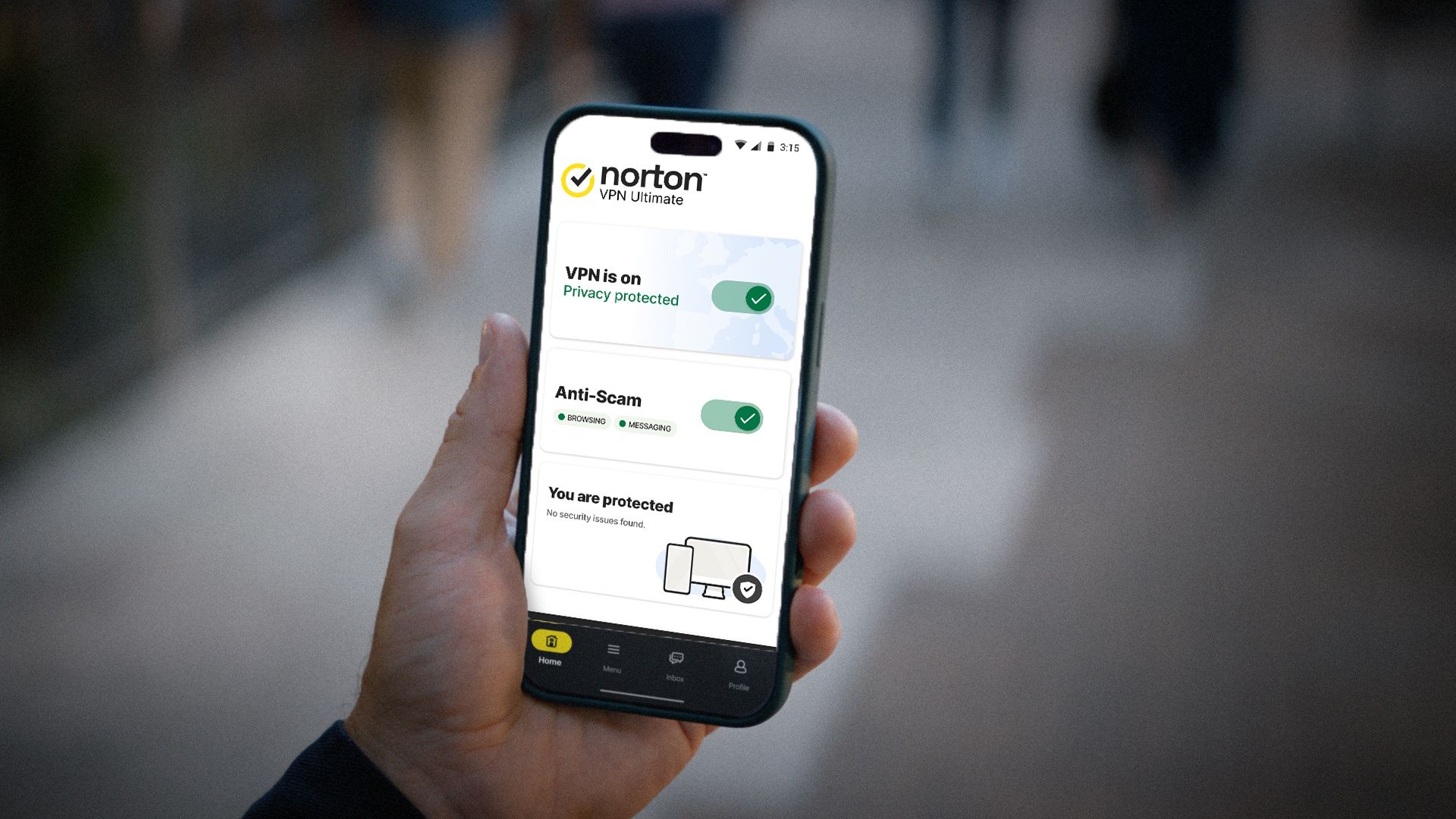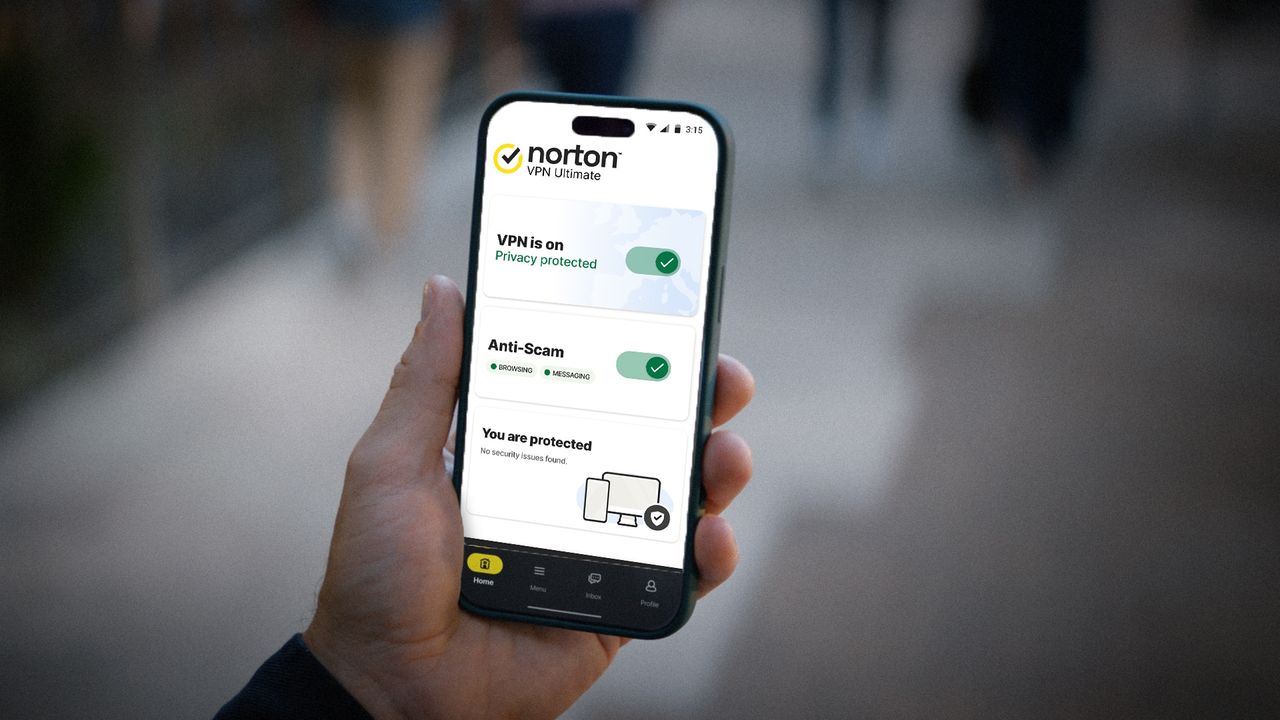Although the day itself may be over for another year, there’s no shortage of Black Friday tech deals still going strong throughout the weekend.
Black Friday VPN deals are no exception. Many of the biggest VPN providers on the planet have dropped their prices significantly this year and are still giving you the opportunity to download a bargain.
Among them is Norton VPN, which has guaranteed that its VPN deal – with up to 72% off and costing as little as $2.08/£2.08 per month – will continue to run until Tuesday, December 2.
Norton VPN Standard
We retested Norton VPN in full earlier this year and were impressed with what we found. It had come on leaps and bounds since the last time we reviewed it, scoring a solid 4 stars out of 5 thanks to its “fast speeds, simple apps, and impressive unblocking”.
Despite being the cybersecurity company’s entry-level package, the Norton VPN Standard plan still throws in website unblocking on five devices, access to its proprietary Mimic protocol, privacy reassurances from its kill switch and Double VPN and IP Rotation tools, and an integrated ad blocker – all on top of industry-standard encryption.
Norton VPN Plus
While the Standard plan will suit the vast majority of VPN users just fine, it doesn’t cost much at all to upgrade to its even more feature-filled Plus tier.
On top of everything you get with Standard, Norton VPN Plus gives you access to up to 10GB of cloud backup to safely stow your photos, videos, music and files. Norton brings all of its antivirus knowhow to bear, too, by giving Plus users the benefit of AI-powered scam detection and tools to protect you from malware and ransomware.
You also get access to Norton’s password manager, and its dark web monitoring tool to see whether any of your personal information has been compromised without you knowing it.
Norton VPN Ultimate
Or you can pay just a few dollars more and go for Norton VPN Ultimate – the provider’s most full-featured plan and a great option if you’re looking to protect your whole family.
Firstly, it ups the amount of devices you can use it simultaneously on from five to 10 – so that’s any combination of laptops, smartphone, tablets and streaming devices at any one time.
The cloud backup storage goes up to a very generous 50GB. In terms of additional features, Ultimate users get the keys to parental controls that give you greater oversight of your kids’ online life and also a location tracker to give you peace of mind when they’re away from home.











